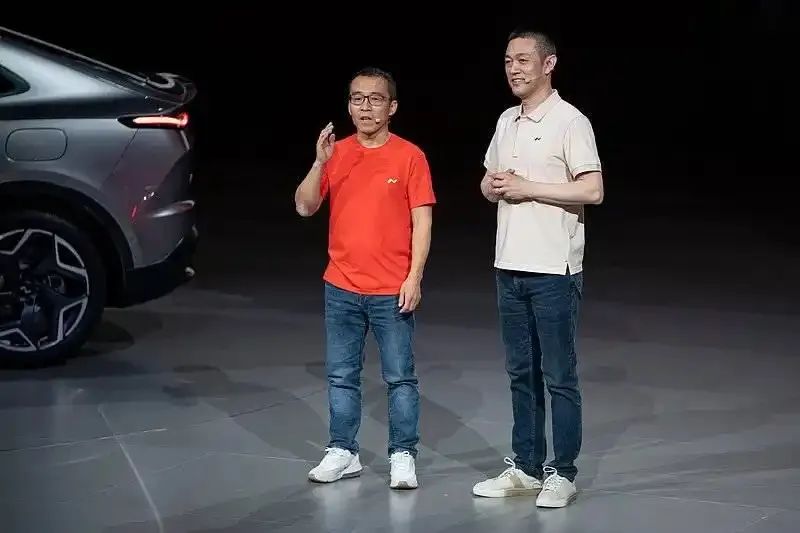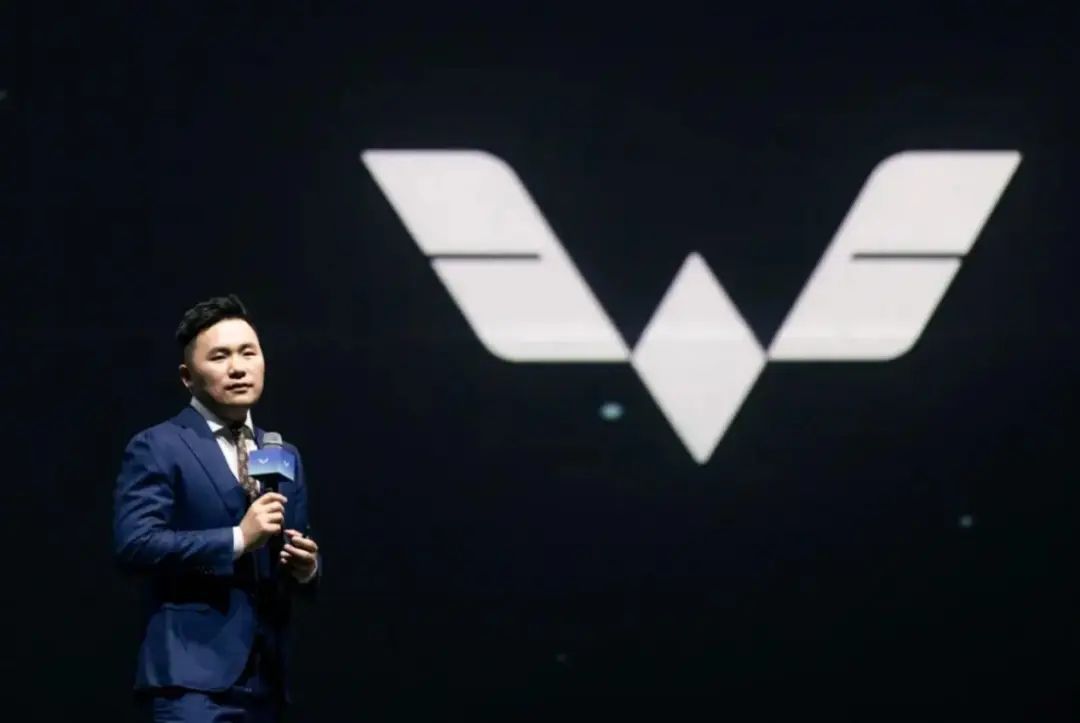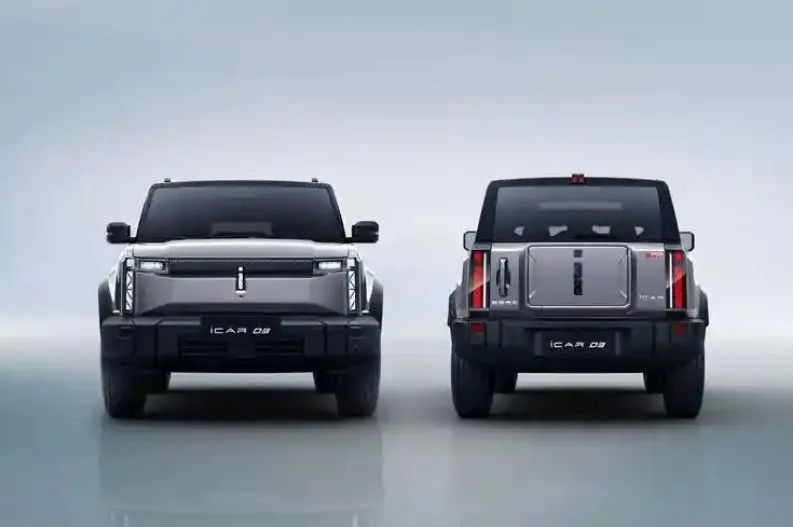The sales performance of a car is closely tied to its product strength, brand power, and most importantly, the people involved. Essentially, all outcomes are intricately linked to individuals, leading to promotions and dismissals based on performance metrics. In simpler terms, it's about 'a solid foundation with ever-changing personnel.' On April 2, just after April Fool's Day and two days before the Tomb-Sweeping Day, Ai Tiecheng, an executive from the Procter & Gamble group, left his position. His farewell letter stirred little sentiment, and what lingered was the poor performance of Leida under his leadership. The delivery numbers fell from 5,912 in January to 4,049 in February and 4,820 in March. Despite Ai Tiecheng's excitement about 'exploding orders,' Leida did not achieve the promised 20,000 sales in March. Ironically, after his departure, Leida's deliveries rose to 4,400 in April, 6,281 in May, and 6,400 in June, indicating a deep connection between success and personnel in the automotive industry.
As Ai Tiecheng faced the disappointing results, Zhou Ying, who traveled from Liuzhou to Shanghai, began to reflect deeply. Known as the 'King of Weibo,' Zhou's frequent posts hinted at something amiss as he returned from a 'graduation trip.' Shortly after he announced he was job hunting, the news broke that he had joined Lynk & Co, highlighting the volatility of the automotive sector. From Wuling to MG, and now Lynk & Co, the question remains: is this change driven by necessity or self-initiated?
In December 2024, the iCAR V23 will officially launch, achieving 31,000 orders within eight hours of pre-sale. However, after its official launch, there was no announcement of remarkable sales performance. Within 48 hours, a series of issues led to a significant number of cancellations. Su Jun, the Chief Product Officer of iCAR at the time, publicly apologized and adjusted benefits. Meanwhile, Zhang Hongyu, the General Manager of the iCAR brand division, did not explain the situation, while Su Jun's proactive stance suggested something unusual was occurring. After the Spring Festival, Chery announced that Su Jun would replace Zhang Hongyu as the General Manager of the iCAR brand division. iCAR, with its unique branding, requires a more internet-oriented approach, making Su Jun a valuable asset for Chery.
Zhang Hongyu had set a goal of 10,000 units sold monthly for the iCAR 03 while achieving a profit of 10,000 per vehicle. It remains unclear if the model reached that profit margin, but the sales figures fell short of the target. The new leadership may not achieve this goal quickly. March saw iCAR sales at 7,016, April at 6,947, and May at 5,899, with June finally rising to 10,868, including sales from both the 03 and V23 models. Chery is preparing for an IPO, making a strong performance report critical; it's uncertain whether the internet-savvy Su Jun will meet expectations.
As June passed and July began, Zhao Changjiang subtly announced his resignation as General Manager of the Denza sales division, transitioning roles with Li Hui, the General Manager of the Denza Equation Leopard direct sales division. Notably, two months prior, BYD had made brand public relations adjustments, indicating that even the rapidly growing BYD acknowledges the significant influence of personnel. Reports suggest that under BYD's rotational system, senior executives are reassigned roughly every three years. Given Denza's position as BYD's premium brand, this shift garnered considerable attention. Zhao Changjiang is regarded as a veteran of BYD; he played a crucial role in expanding the company’s market and achieved notable promotions due to impressive performance. Upon returning to headquarters as the General Manager of Denza, the introduction of the D9 MPV quickly captured market share and outperformed competitors like the Buick GL8.
However, Denza's current model lineup, including the D9, N9, N7, Z9, and Z9GT, has not significantly gained traction, indicating that BYD's journey into the high-end market remains challenging. As an automotive group reaches a certain sales level, the pursuit of premium offerings becomes inevitable. Denza has undergone structural changes and product adjustments yet remains stagnant amidst stronger competition, suggesting it's time for BYD to implement further changes.
In summary, the first half of this year saw personnel changes across all automotive companies. Zeekr and Lynk & Co merged, highlighting the importance of channel integration, with Lin Jie returning to rescue Lynk & Co from zero to an annual sales target of 280,000. The 'Iron Lady' Mao Jingbo has moved overseas, leaving the heavy burden to Qin Peiji. Changes in leadership at Beijing's BAIC Group, including Wang Hao and Chen Wei, reflect the company's ongoing struggles. Wei Jianjun's commitment to 'not leaving anyone behind' led to the overhaul of the long-neglected Ora brand, with Lü Wenbin replacing Zhao Yongpo as General Manager. Whether Ora can thrive without maintaining its 'female brand' identity remains uncertain.
At the state-owned enterprise level, by the end of December 2024, Chen Bin will also serve as General Manager of FAW-Volkswagen, while Wu Yingkai will head the sales division. The rapid shifts in leadership at FAW, Dongfeng, and Changan suggest a frenetic pace in the automotive sector, proving that regardless of performance, personnel changes are inevitable. Ultimately, it’s essential to recognize that while external factors may play a role, the internal human element is the primary driver affecting a product's market success and a company's operational effectiveness. Historical lessons from numerous automotive companies demonstrate that neglecting personnel issues can lead to dire consequences.
The Impact of Personnel Changes on Automotive Sales Performance

Images







Share this post on: